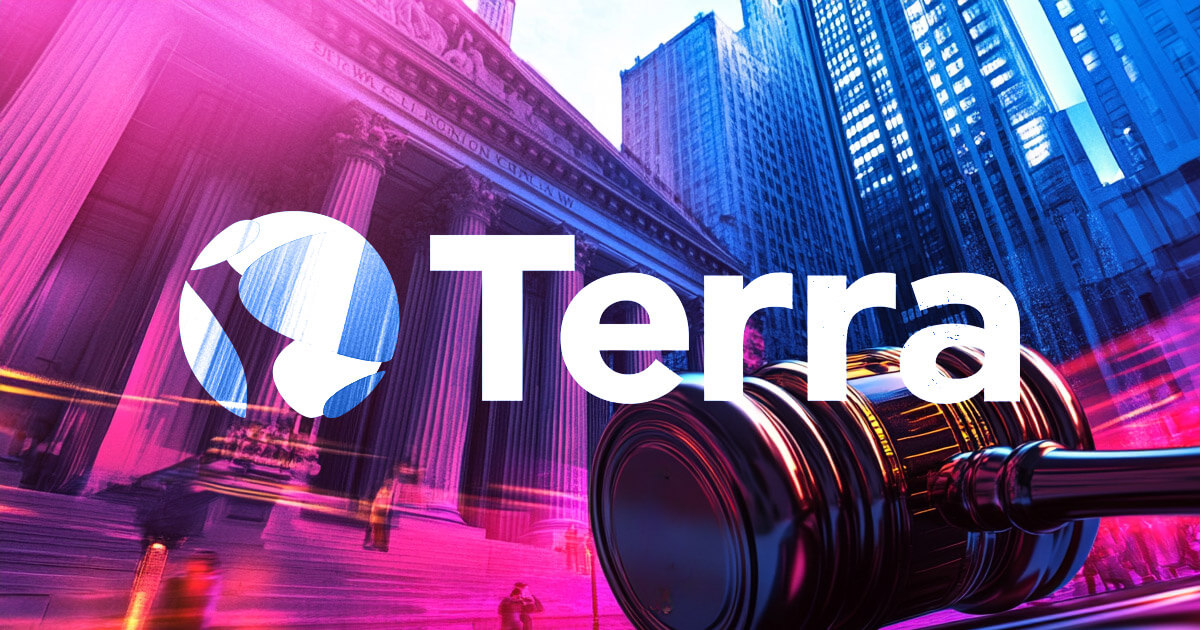US District Judge Analisa Torres of the Southern District of New York issued a landmark ruling in SEC v. Ripple Labs Inc. on July 13, delivering a critical and hard-fought legal win to digital asset holders and crypto developers in the US. On the most important legal questions at stake, it was a total victory for them—and a devastating blow to the SEC’s ambition to bring an entire asset class under its thumb.
The SEC had alleged that all sales of Ripple’s XRP cryptocurrency are unregistered securities transactions in violation of Section 5 of the Securities Act. The regulator based this on a grossly overbroad legal theory that anyone who buys XRP in the world, by whatever means, is investing in the company Ripple.
“The XRP traded, even in the secondary market, is the embodiment of those facts, circumstances, promises, and expectations and today represents that investment contract,” the SEC told the court, in a breathtaking grab at regulatory turf over crypto via lawsuits rather than through rulemaking or legislation.
In the end, Judge Analisa Torres rejected the SEC’s theory, citing the generally accepted understanding of securities law established in the 1946 Howey decision, which defined a security as an “investment of money in a common enterprise with a reasonable expectation of profits to be derived from the efforts of others.”
“XRP, as a digital token, is not in and of itself a ‘contract, transaction[,] or scheme’ that embodies the Howey requirements of an investment contract,” Torres ruled.
Instead, Torres found that only institutional sales by Ripple to specific investors met the Howey test for investment contracts that should have been registered with the SEC. Between the lines, Torres showed the SEC how far it had strayed from basic securities law in the manner that it brought the case.
Had the SEC brought the case along the lines of Torres’ ruling, it likely would have settled in weeks and wouldn’t have become the target of the entire crypto community. My clients, over 75,000 XRP holders, wouldn’t have entered the case against the agency. Now the regulator has a humiliating loss on its hands.
It’s also a blow to SEC Chairman Gary Gensler’s escalating political attack on digital assets. He has claimed erroneously that all tokens except for bitcoin are unregistered securities. The SEC has filed over 100 such cases, with nearly all of them ending in settlements and never testing its legal theory in court. Torres’ ruling demolished Gensler’s rhetoric.
The SEC’s lawsuit against Coinbase, the largest digital asset exchange, rides on the same legal theory and could be another high-profile embarrassment. Retail customers of Coinbase are organizing to enter as amici curiae against the SEC.
In the end, the SEC forgot its primary mission is to protect investors. In its zeal to regulate crypto, the agency hurt millions of retail digital asset holders who needed Torres to protect them from its legal assault on XRP. If the SEC doesn’t reevaluate its whole regulatory approach to crypto after Ripple, it will waste taxpayer dollars and fail the American people.
The case is SEC v. Ripple Labs Inc., S.D.N.Y., 20-cv-10832, 7/13/23.
This article does not necessarily reflect the opinion of Bloomberg Industry Group, Inc., the publisher of Bloomberg Law and Bloomberg Tax, or its owners.
Author Information
John Deaton is an attorney acting as amicus counsel for retail digital asset holders in the SEC v. Ripple case.
Write for Us: Author Guidelines
Credit: Source link















































